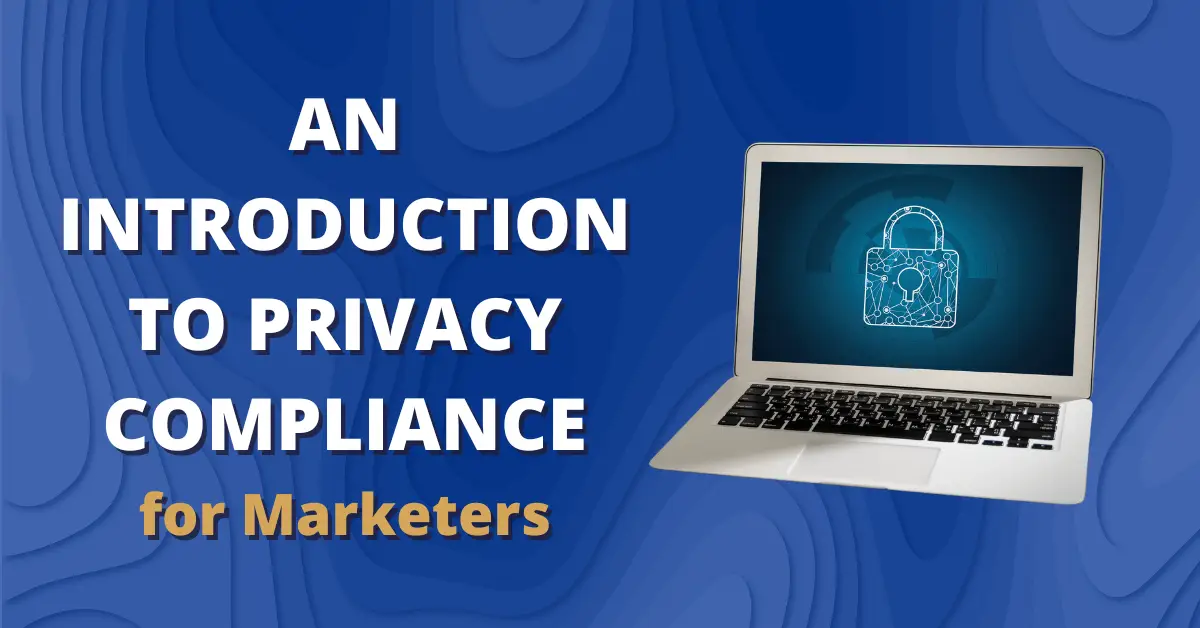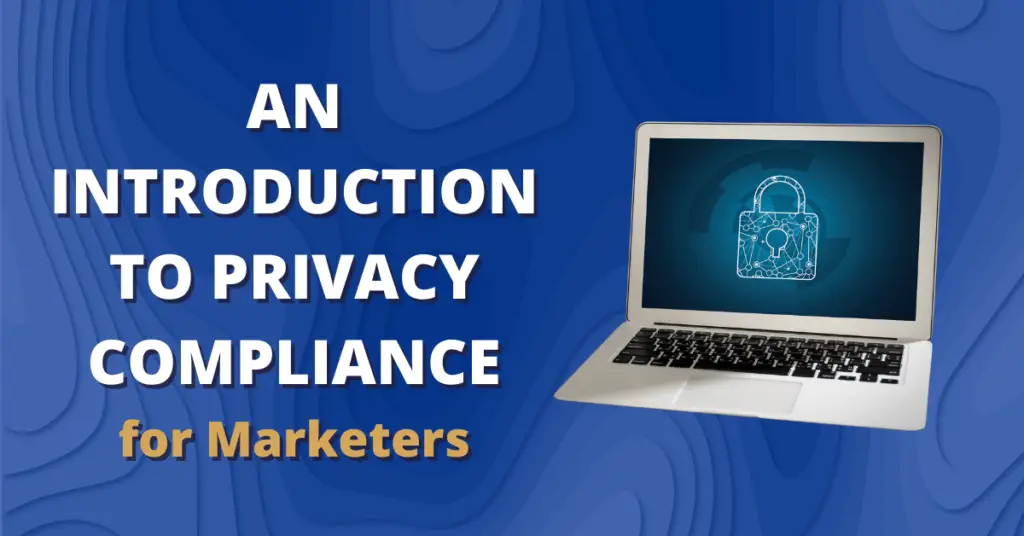An Introduction to Privacy Compliance for Marketers


Data fuels personalized user experiences, drives effective marketing and sales strategies, and provides valuable insights into user behavior. However, this power comes with a significant responsibility. In recent years, strict regulations have emerged to govern personal data collection, storage, and use. For marketers, understanding and implementing privacy compliance has become essential.
Wearing Multiple Hats
While marketers may not be legal experts or data architects, having a basic understanding of data privacy is crucial in a regulated world. Not every marketer needs to be a privacy specialist, but this knowledge allows your team to collaborate effectively with other key stakeholders.
Key Categories of Privacy Compliance for Marketers
Privacy compliance can be broken down into three key categories:
1. Consent & Permissions
Consent involves giving users the option to opt in or out of company communications using their personal information. To ensure your company’s full legal compliance and gain the user’s trust, you must clearly explain why you need their information and how it will be used. This includes providing links to your privacy policy and any other relevant agreements. Additional details may need to be disclosed and collected depending on the user’s location or how the information was collected (i.e., through a form submission or from social media analytics).
Permission results from assessing consent to determine if personal information can be used for the intended purpose. Ensuring that permission aligns with the user’s preferences and the context of their data use is critical to compliance.
2. Rights Fulfillment
Privacy regulations grant individuals specific rights regarding their data. For example, under the GDPR and multiple similar laws, users have the right to access, view, modify, or request the deletion of their data. Fulfilling these rights can be challenging, primarily when data exists across multiple systems and backups.
The right to be forgotten can be one of the more challenging rights to fulfill, as it requires companies to erase a user’s data from all applicable systems upon request. This can become complicated if data is scattered across various platforms. Marketers must keep track of where data ends up so it can be collected and removed efficiently. Additionally, strict access permissions must control data access within the organization to prevent unauthorized downloads of user data.

3. Activity History
Every time a user submits information, uploads a file, or data enters through integrations, the action must be recorded. This immutable history records data flow into the organization’s applications and processes, helping your marketing team calculate permissions while adhering to laws and policies.
A detailed record also helps in legal situations. If audited by privacy enforcement authorities, you can quickly produce evidence of your start-to-finish compliance.
4Comply: Privacy Compliance for Marketers
Managing these three critical areas of privacy compliance may seem daunting, especially when your marketing team may not be legal experts. Fortunately, they don’t have to tackle this challenge alone. 4Comply, the software designed by and for marketers, allows your team to integrate privacy compliance capabilities swiftly into their applications and processes. Our team is also readily available to address questions and provide free trials.
To schedule a demo or learn more, get in touch with us today.





